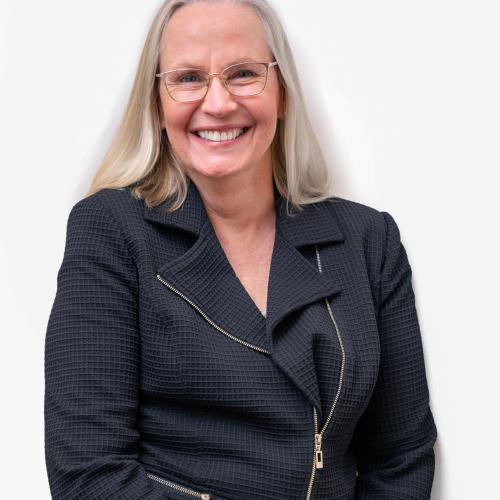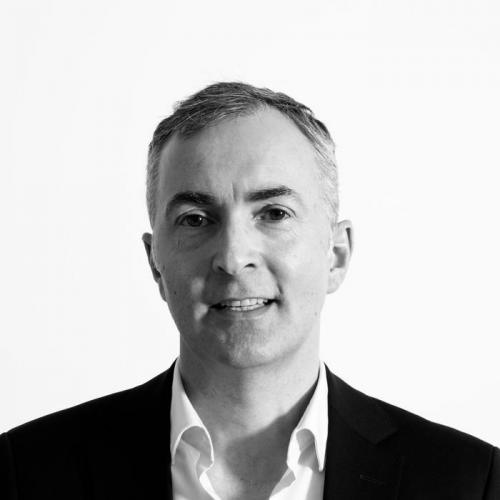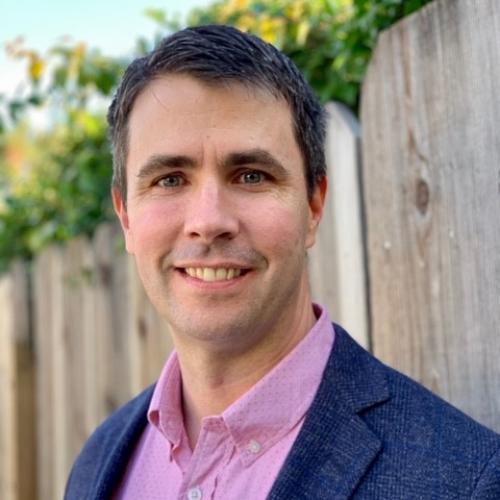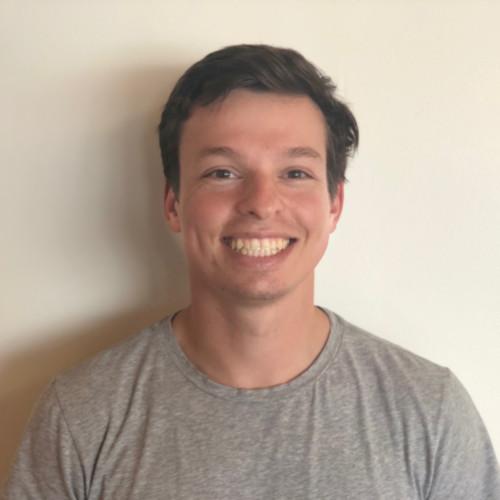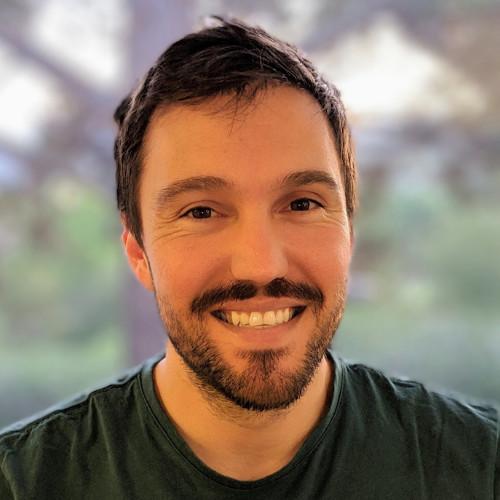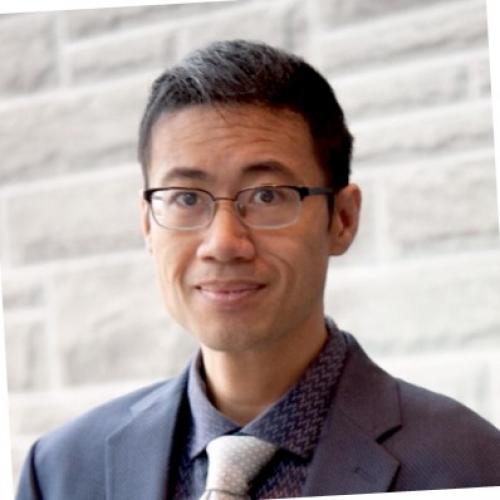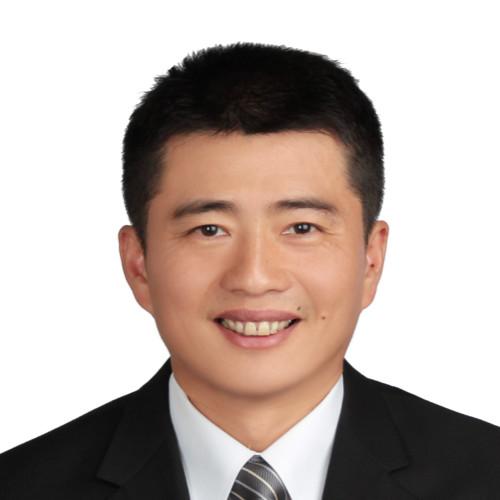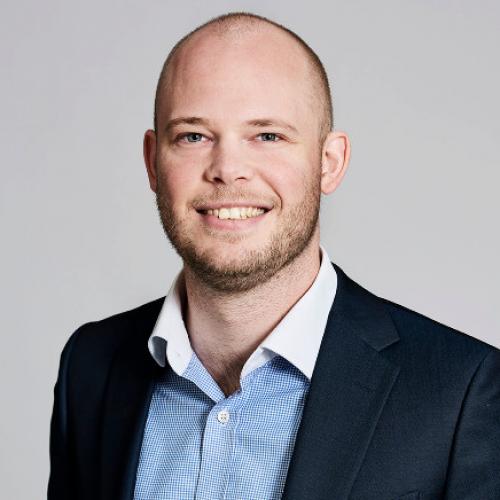What’s Next in Lo & No | Strategic Product Development and Ingredient Choices that Align with Today’s and Tomorrow’s Consumer
Are you wondering where the trends are going today and tomorrow? Are you thinking about how to align your future product development with the latest trends and technologies? As the Low and No Alcohol category continues its upward trend, innovation, product development and marketing teams are trying to figure out where to go next and how to make the most impactful product development choices possible.
